So you’ve been planning to build a house and have been doing your research. One of the terms you’ve heard a few times now is that you need to have a land survey done. If you’re wondering what that is and how it works, you’re not alone. A land survey is an important part of the building process and one worth understanding. Land surveyors are one of the first people to work on any building site. In today’s article, we’ll:
- Explain what a land survey is, including the types of land surveys available.
- Provide an idea of how much you should expect to pay, and what factors can alter this price.
- Discuss what to look for in a land surveyor
- Just as importantly, we’ll run through some of the red flags to be wary of when meeting surveyors
- Explain how we can help you complete your due diligence on the property including land surveys and soil samples.
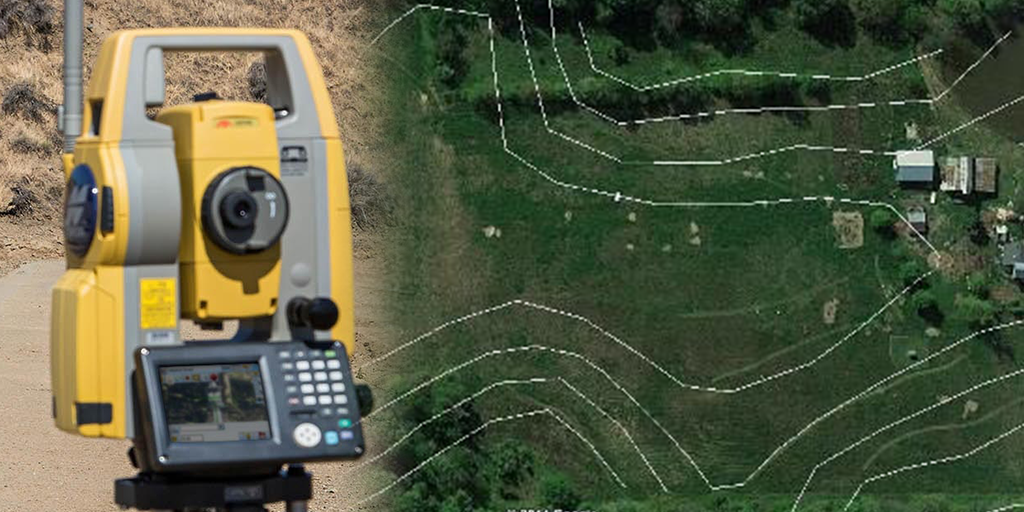
Table of Contents
What is the role of a land surveyor for a new build & knockdown rebuild?
If you’re building on or planning to buy a vacant block of land, it’s essential to perform your due diligence, including soil tests and land surveys, for the following reasons:
- confirms property boundaries and legal description.
- to make sure the land isn’t a lemon before you buy it.
- to provide your builder with a thorough understanding of what they’re dealing with
- knowing the contours, boundaries, and condition of the land allows the builder to design your home accordingly.
- it helps foreshadow any potential challenges your property may offer.
The demolition process is a big, dramatic move, that includes pulling up the foundation of your existing home. Naturally, this will have an impact on the condition of your land. This usually isn’t something to worry about, rather, it’s the builder re-assessing and updating their data accordingly to ensure the build goes more smoothly. If there are any issues or potential challenges, your builder should know about them before they start building, rather than during or after.
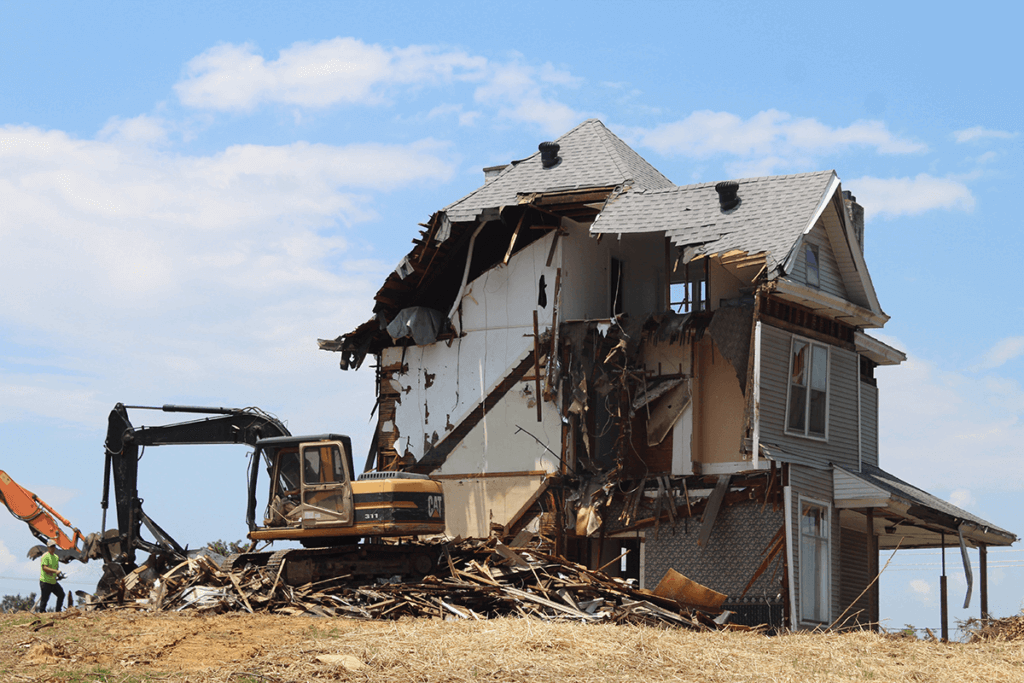
Want to find out more about Knock-down rebuilds? Click any of the links below!
How much does a knockdown rebuild cost?
Knockdown Rebuilds vs Renovations
Knockdown Rebuilds vs Land Packages
What are the different types of land surveys?
No two blocks of land are the same, and there are different surveys for different purposes. There are dozens of subtle distinctions and categories among the profession, but for your purposes, below are the basic variations you’re likely looking for in a residential property.
Boundary Surveys
Pretty much as the name suggests, boundary surveys provide the location of the boundary lines, specifically under the rules, provisions and regulations as outlined by your local government. Knowing your property boundaries helps ensure the legal validity of your site and build, and is handy information to have should you ever get into a neighbourhood dispute.

Subdivision Surveys
Subdividing involves negotiating the placement of various services including water, sewerage and gas lines. All of this can quickly become a confusing and complicated affair without a little help. A subdivision surveyor helps ensure all the above services are configured properly which will assist in getting a land title. A subdivision survey will also help when appealing to approving bodies like the council and town planning.

Construction Surveys
Also known as building surveying, a construction survey is a means of determining the approved location of a new structure. In other words, it tells you where you’re allowed to build your home.
During this process, the surveyor will place physical marks around the approved proposal location. This is for the benefit of your contractors including excavators, concreters and bricklayers. A sketch will also be created outlining the same information.
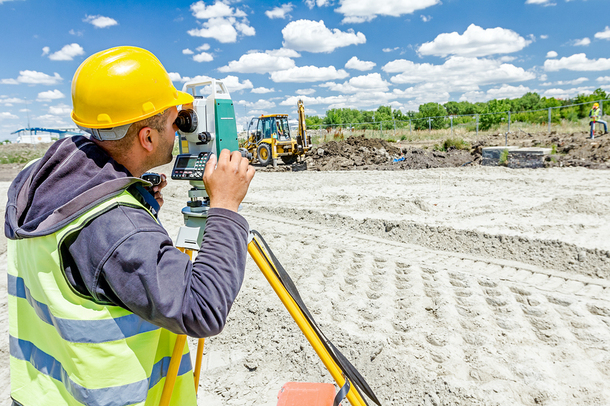
Lease Surveys
A lease survey determines the lettable area of a premise or property. This is useful for landlords, property managers and tenants in both understanding lease agreements, and having written proof to refer to later.
Easement Survey
Sometimes known as a right of way (ROW), an easement is when a section of land is used by someone who is not the property owner. The most common examples of needing access through a property include services like gas, power, water and drainage.
Easement surveys are needed when:
- Neighbours may have an agreement regarding access through a property, however, an easement survey helps make this agreement legally binding. This helps prevent legal troubles down the line (for example, accusations of trespassing).
- Sub-dividing a property.
- You need to know where easements are on your property.
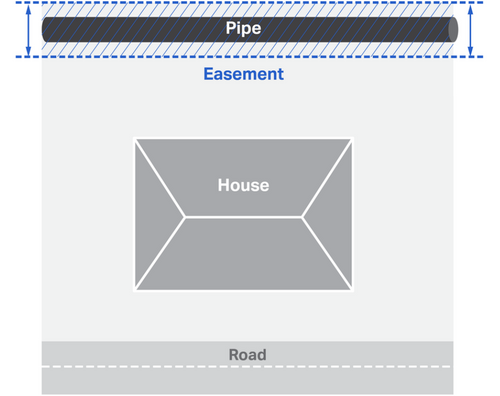
Topographic Survey
Also known as a contour survey or detail survey, a topographic survey determines the elevations of the land helping height, depth and size of a site. These details play an important role in both design and construction as it provides the builder or designer with a thorough understanding of what they’ll be working with. These are the most common type of surveys, due to the essential part they play in the building process.
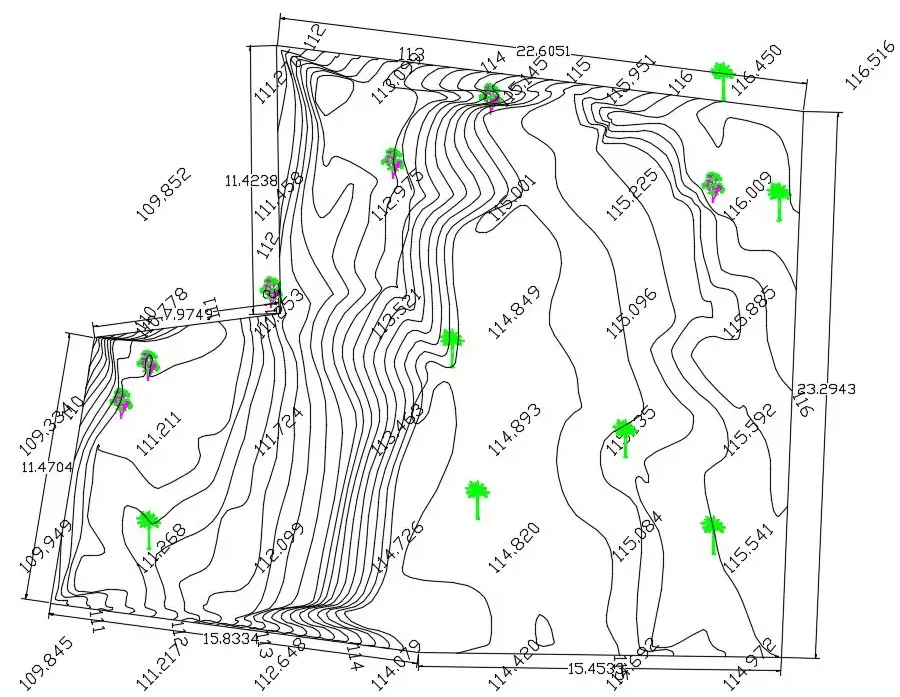
Read our article on contour surveys to find out more.
Who needs to have their land surveyed?
There are a variety of reasons why someone needs to have a land survey.
- You’re building a house
- Selling property
- subdividing property
- Obtaining a mortgage or refinancing
- verifying acreage for tax assessment
- to resolve a neighbourhood dispute, for example, if you believe a neighbour is encroaching on your land.
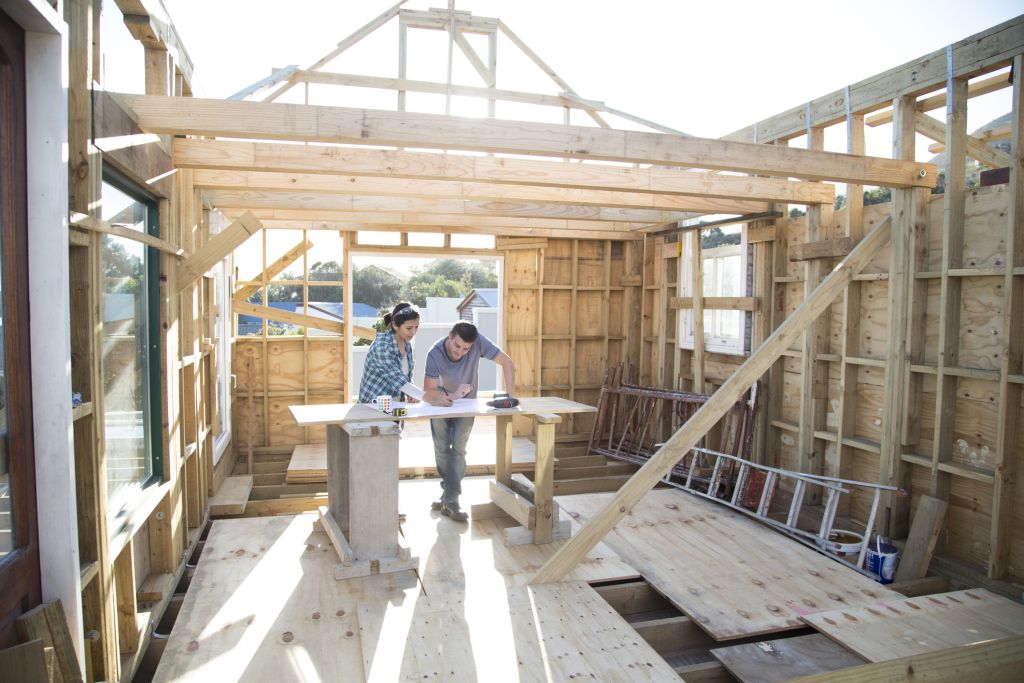
When do you need to have your land surveyed?
Technically, you can have your land surveyed at any time, however, if you’re purchasing land, it’s highly recommended you have your land surveyed before you finalise the purchase. There are two key reasons for this:
- It’ll clarify where your property lines are
- It verifies your property’s acreage.
The reason for performing the survey before you buy is to ensure you’re getting what you pay for. Once you’ve finalised the purchase, it’s a lot more difficult to address these issues. If you’re selling land, you’ll want to survey it for the same reasons as above.
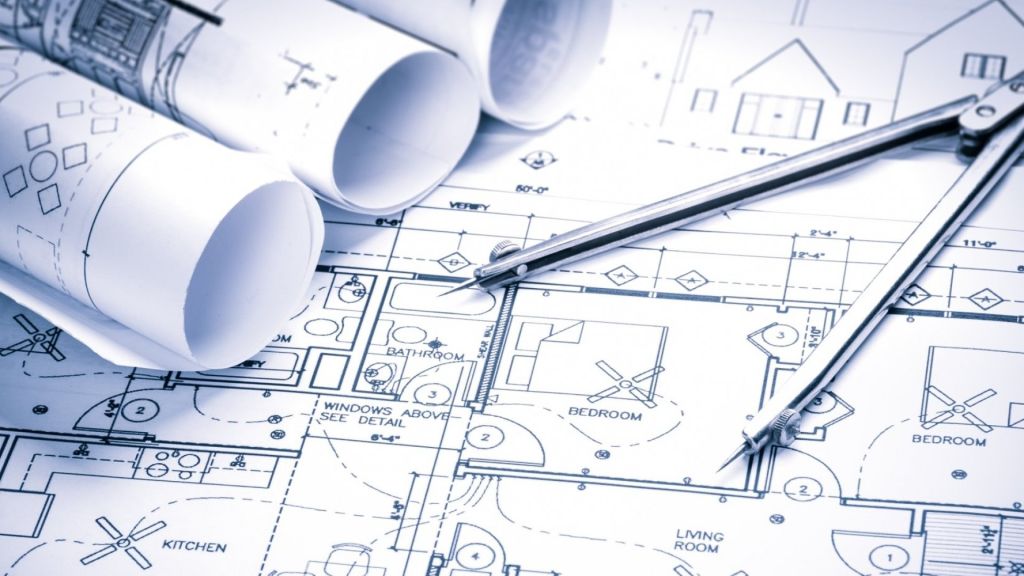
How much does a land survey cost per hour?
In Australia, surveyors tend to charge by the hour rather than by land size (per acre, etc). In Queensland, the average cost of a land surveyor is $95 per hour. Compared to other states, this is quite good. In New South Wales the average is $170 per hour. This should be taken as a rough estimate, as the difficulty of your project will affect the overall cost.

What factors could influence the price?
Like a lot of building costs, the specificities of the land itself will play a major role in costs. Some of the most common factors that will affect your price include:
- Accessibility: If your land is difficult to reach, or is full of vegetation or difficult terrain.
- Location: Prices will vary depending on your location. This is particularly noticeable when you compare different states.
- Property size: The more land there is, the more there is to survey. As surveyors usually charge by the hour, it tends to cost more to survey large properties.
- The shape of the property: A standard, rectangular block of land is easier to survey than a more unusually shaped property. Depending on how much extra work this will entail, it may end up costing you more.
- Land Features: Flat land is simpler to survey than more complicated terrain. If your property has hills, lots of vegetation, or is on a slope, it’ll be more difficult to survey and you should expect to pay more.
A basic rule of thumb we can take from the above is that if your property is more difficult to survey for whatever reason, it’ll likely cost you more.
Top tips for finding the best land surveyors in Brisbane
It’s important to note that only a professional, licensed surveyor is legally able to undertake land surveys. If a survey is conducted by someone who isn’t qualified to do so, it’ll be invalid. How can you tell which land surveyors are worth your time? Here are some questions and red flags to keep in mind when interviewing a potential land surveyor.
Questions to ask a land surveyor
- Are you fully licensed?
- Do you have liability insurance?
- Can you supply references and reviews?
- What will I get from the work you’re doing?
- How experienced are you and your team?
- How long will the job take?
- What is the estimated cost?

Red flags to look out for when hiring a land surveyor
Ever get the feeling something isn’t quite right? Here are a few red flags to look out for in a potential land surveyor:
- Reluctant to show qualifications
- Invalid References or no references at all.
- Vague about the price or what you’ll get for your money
- Have a history of violations
Any of the above show a lack of professionalism at best and something more sinister at worse.

What should I expect once the land surveying has been completed?
Once the land survey is completed, a survey report will be created in the form of a map. This information will now be on record and is useful for a variety of situations including locating boundaries, structures, easements, and any potential encroachment to your land. It’s also useful to have when you plan to perform any renovations to your house or alteration to your land.
Need help finding a land surveyor?
Need more information on land surveys or who to hire for your next project? Buildi is a building broker based in Brisbane who knows the industry inside and out. We can help you organise your due diligence on a potential block of land, including soil tests and land survey.


0 Comments